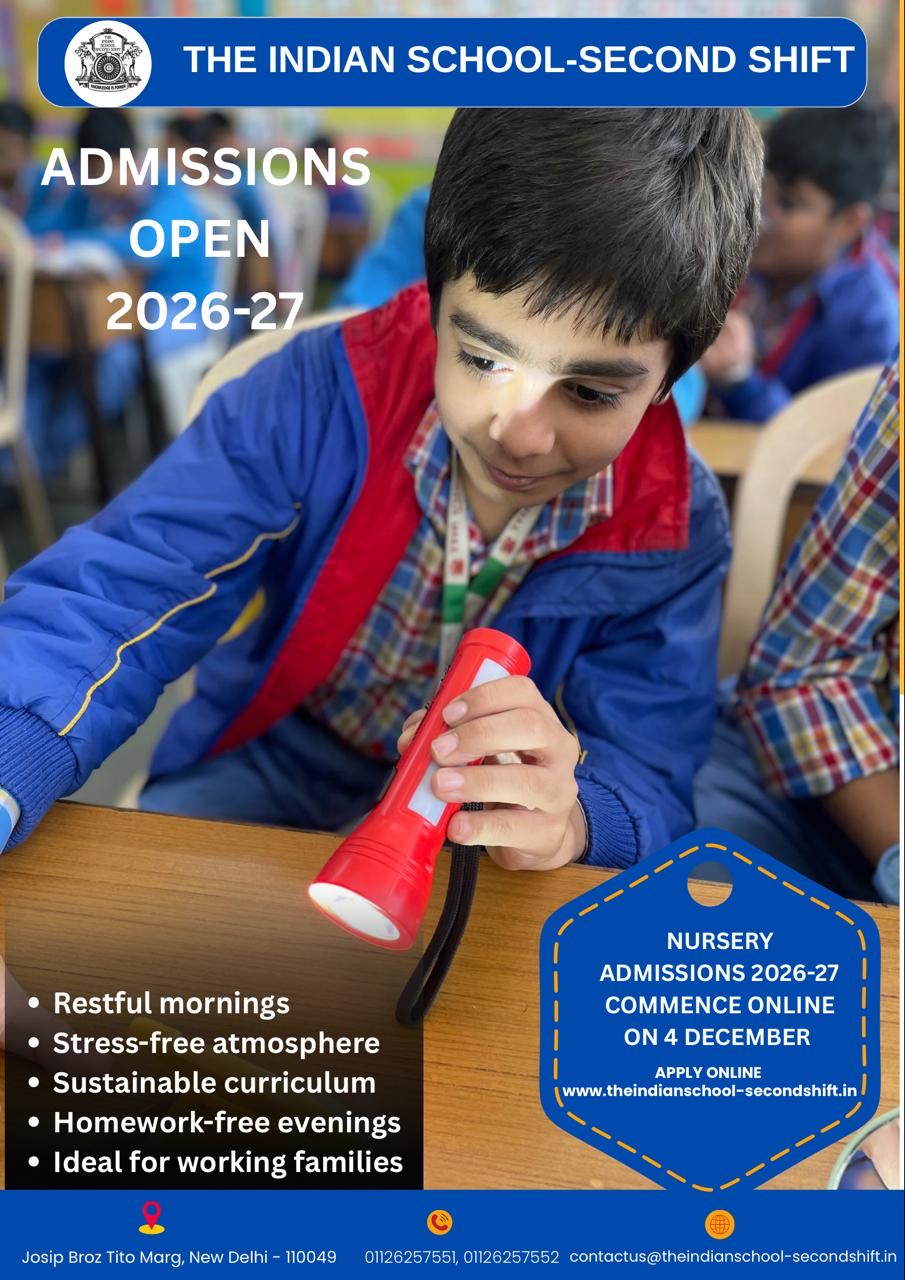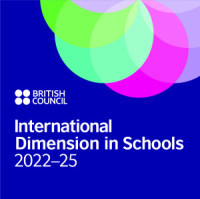Citizenship Programme Activities (classes 6 to 9)
“Ask not what your country can do for you; ask what you can do for your country.” John F. Kennedy
Citizenship is the allegiance of a person to the state. Each state determines the conditions under which it will recognise persons as its citizens, and the conditions under which that status will be withdrawn. The recognition by a state of a citizen generally carries with it, a recognition of civil, political, and social rights which are not afforded to non-citizens.
The Indian School-Second Shift conducted various activities in the month of May for good citizenship with enthusiastic participation from the students of classes 6 to 9. The aim of these activities was to inculcate values like creativity, innovation and critical thinking among the students, as well as to enhance their understanding of this concept and its impact on society.
Class 6 participated in a debate on the subject of religious freedom. Students first watched a film about the value of religious freedom, after which they discussed the matter and presented their opinions. They provided several examples and arguments to establish their points.
The students also participated in a special activity, wherein each student carried a traditional dish from home and briefly described it, giving details like the significance of the dish in their particular culture. They also explained what makes the dish special and how it is prepared. Students also pasted pictures of the dish in their Citizenship notebooks with the above-mentioned details.
-48.jpg)
-739.jpg)
-836.jpg)
People aspire to maximise their potential with the help of education. They become better thinkers and decision-makers as well. Accessing information from the outside world makes this feasible. Education therefore opens fresh doors to the outer world. The students of class 7 presented a street play (nukkad natak) on the value of education, stressing how it is a necessary precondition for the free development of each person. Through the skit, they emphasised that education is the foundation that ultimately nutures a person into a good citizen.
In order to know about Swami Vivekananda's views on religion, his idea of a universal religion, and how these ideas relate to India's adoption of secularism in her constitution, class 8 created collages using his quotes on 'Universal Religion'.
The collage making session was followed by an interactive discussion, where the young citizens talked about secularism and how India does not promote any single religion as an official religion, granting everyone the right to practise their own faith with respect for all.
Class 9 learnt about numerous Indian tribes, their habits and traditions. They researched and acquired knowledge of the artistic tribal disciplines. With the help of these amazing creative forms, they designed lovely book marks, cards, paintings, mugs, etc.
These activities provided the students of classes 6 to 9 a worthwhile learning opportunity. It cultivated their capacity for critical analysis while fostering patriotism.




-48.jpg)
-739.jpg)
-836.jpg)





